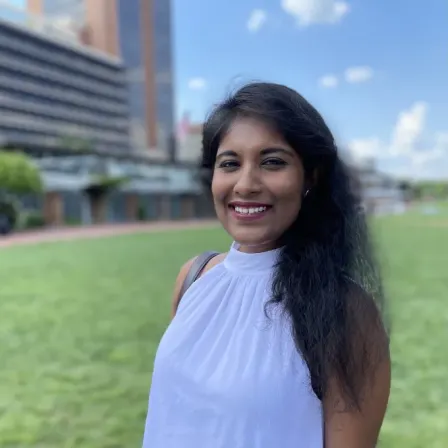
The Asian American Studies minor at WashU is designed to build and sustain the spirit of critical inquiry in and beyond the classroom to students’ professional and personal lives. As an inter- and multi-disciplinary program, the minor privileges an intersectional approach that showcases the varied ethnic, national, linguistic, and systemic collaborations that constitute Asian Americanness. Reflective of the collective strength of our faculty, the minor facilitates intellectual exchanges and academic inquiries surrounding Asian American histories, migration, cultures, race, labor, justice, gender, sexualities, disabilities, popular culture, representations, food, environment, materiality, and many other interdisciplinary areas. Echoing the spirit of the Asian American student body, at WashU the minor furthers current conversations about equity, justice, empowerment, and redressal surrounding Asian American presence in the U.S. Through community engagement, research, critical thinking, and professional engagement, the minor focuses on holistic student growth that continues the spirit of intervention, action, and change through scholarly and community settings.
In addition to American Culture Studies, Asian American Studies collaborates with departments and programs across campus, including East Asian Literatures and Cultures, South Asian Languages and Cultures, African and African American Studies; and Women, Gender, and Sexuality Studies. The multidisciplinary minor will inspire you to draw on the methods and insights of multiple disciplines to engage complex, real-world problems that necessitate interdisciplinary thinking. Situated in the larger context of the university's commitment to diversity and inclusion, the minor in Asian American Studies is an integral part of diversity and inclusion initiatives at Washington University that nurture a culturally and academically stimulating environment.
Why A Minor in Asian American Studies?
WashU’s Asian American Studies Minor celebrates, evaluates, and contributes to scholarly studies of Asian American presence, identity, politics, sexualities, and racial formation in the U.S. Asian Americans are one of the fastest growing and most visible minorities in the U.S., constituting 7% of the nation’s population in 2023, according to the Pew Research Centre. Nationally, ethnically, and regionally varied, Asian Americans are also one of the most diverse minority groups in the U.S. With diversity as an asset, Asian Americans can be found in all sectors of employment ranging from IT, law, medicine, education, media, public works, politics, sports, etc., necessitating their recognition and celebration as important national figures who have changed the nature of local, regional, and global politics in the 21st century. Who does not know of Jerry Wang, Former CEO of Yahoo, Sundar Pichai, current CEO of Google, Kamala Harris, current U.S. VP, Margaret Cho, actress, musician, writer, to name a few of our popular Asian American faces?
This minor will help you:
Historically, study the history of Asian American presence in the U.S., struggles, stereotypes, diversity, and establishment
Academically, evaluate current issues of racial, class, gender, medical, political, legal, global, transnational, and immigrant concerns.
Professionally, present your education as a balanced set of socially immersed, and informed majors and minors that reflect your expertise in your subject and your dedication towards ongoing causes of social and humanitarian progress.
Ethically, reflect and contribute to social thought on questions of equity, justice, humanism, forced migrations, and conflicts, in a way that progresses us towards a fairer, and freer version of humanism in the 21st century.
This is the moment to make a change, and we are here to help you be a part of it!





















